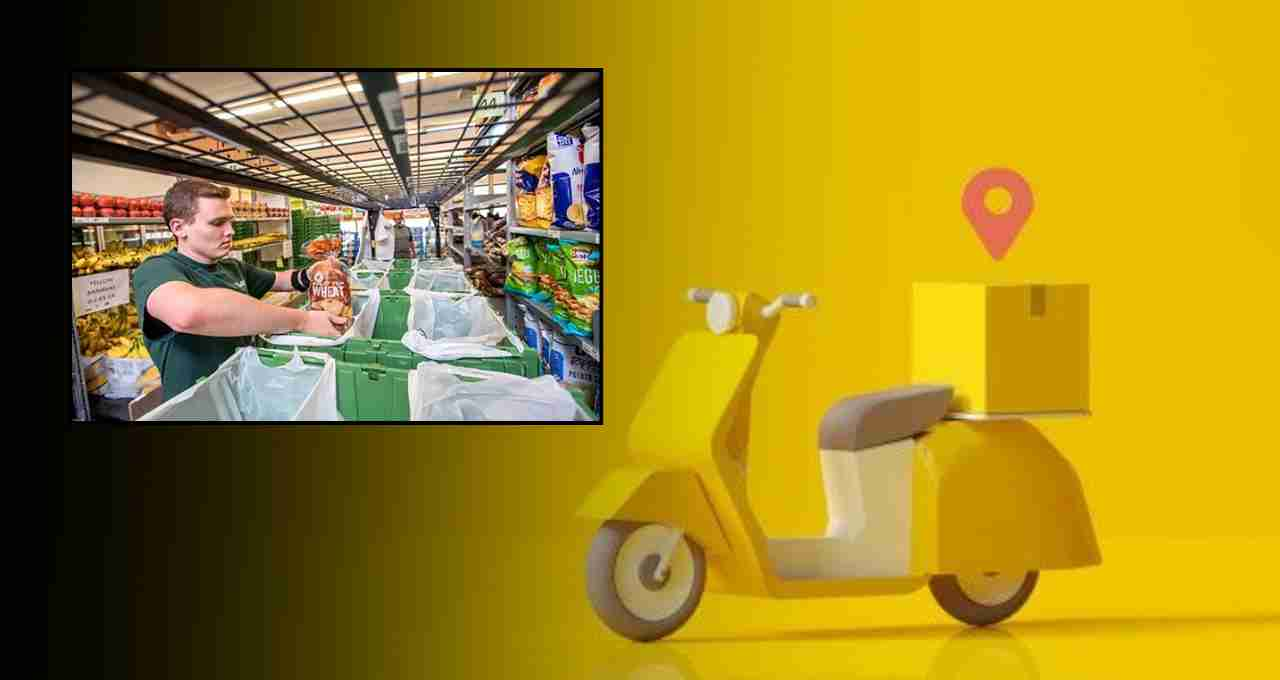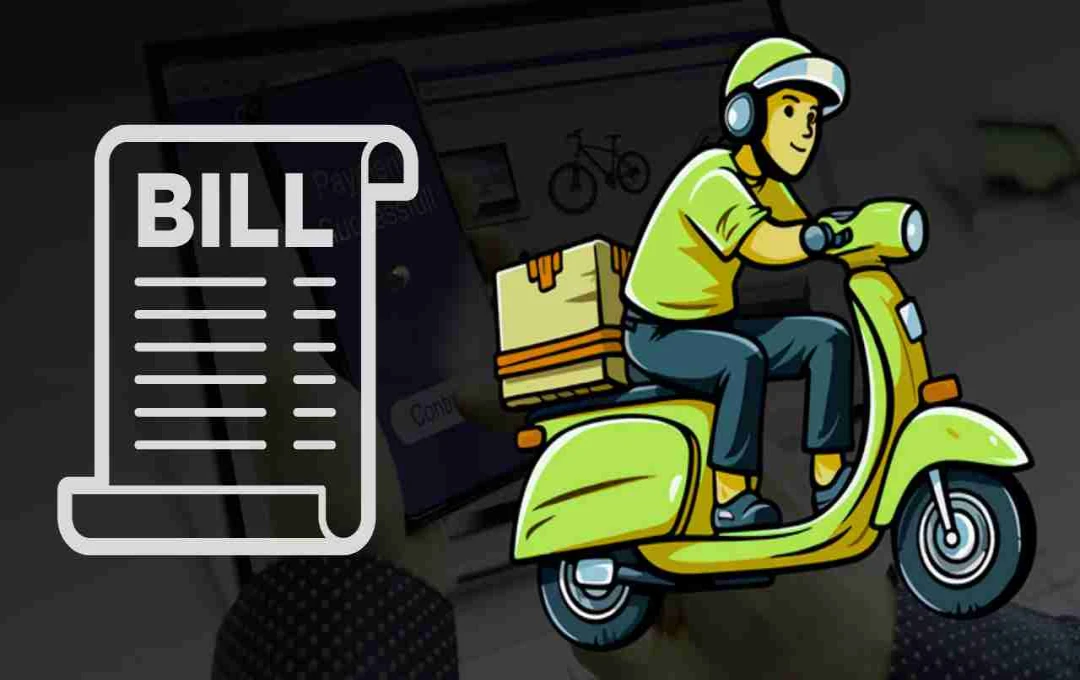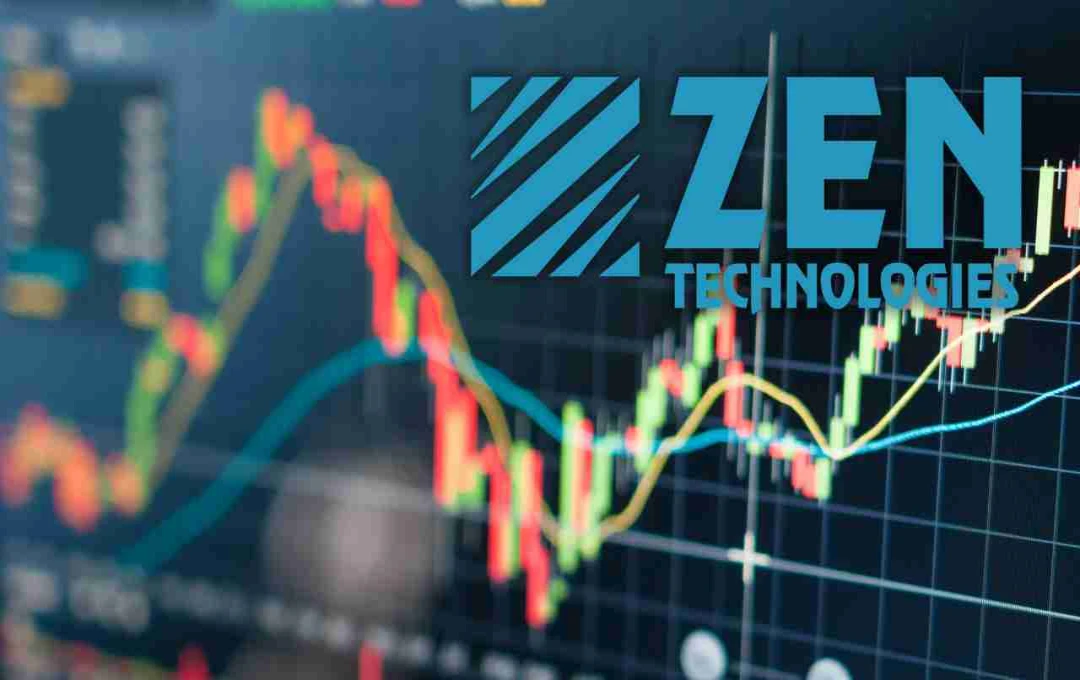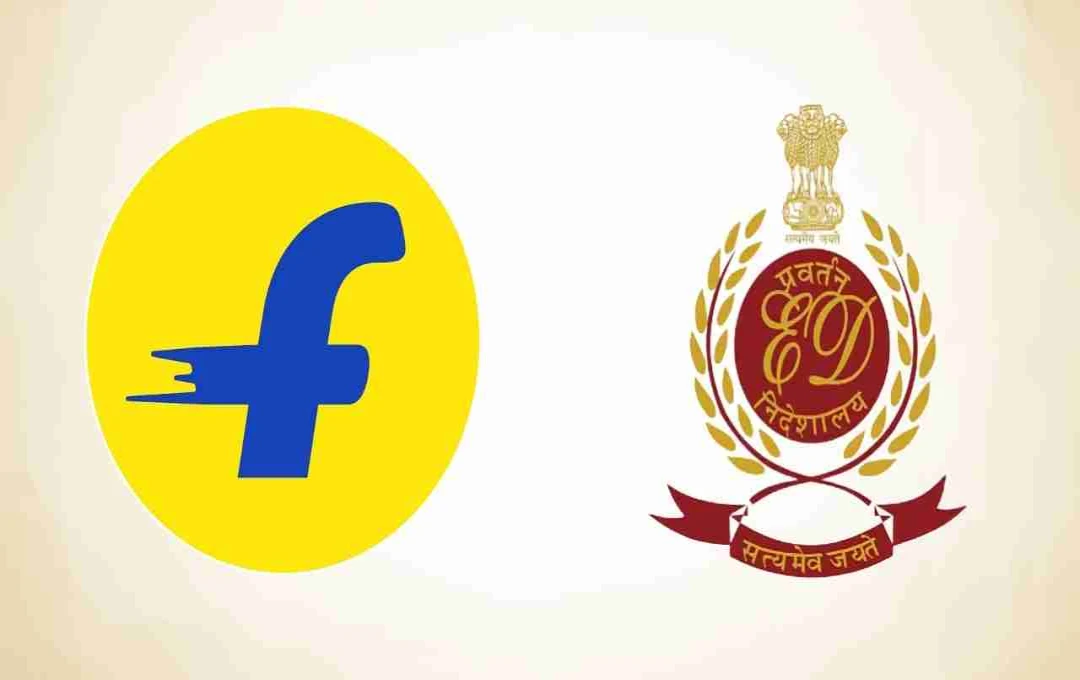Quick commerce platforms like Swiggy Instamart, Zepto, and Blinkit, which promised rapid delivery, have become a part of urban lives. While getting groceries delivered in 10 minutes seemed like a novelty a few years ago, it has now become commonplace. However, questions are now being raised about this convenience, primarily due to the various charges applied to each order.
Rising Charges Cause Customer Dissatisfaction
These companies are no longer just charging the product price, but are also levying handling charges, delivery charges, small order fees, rain charges, and even surge charges. These additional fees can cost customers an extra 30 to 50 rupees on a typical grocery order.
Urvashi Sharma, a Delhi resident, says, “I used to order vegetables from Zepto, but now I get them from the nearby shop. Online, tomatoes cost 20 rupees a kilo, but when the charges are added, the price goes up to 40 rupees.”
People's Habits Slowly Changing

Where customers once ordered from quick commerce platforms multiple times a day, they are now ordering more cautiously. Some people are ordering larger quantities at once to avoid frequent charges, while many customers are starting to return to offline shopping.
Satish Meena, a consultant at market research firm Datum Intelligence, said that customer behavior is changing and this could affect the companies' Gross Order Value (GOV). This could also increase the operational costs of dark stores.
Tracking Fees is Becoming Difficult
Each platform has a different charge structure, making it difficult for customers to understand how much they are actually paying.
- Swiggy Instamart may have handling charges of 10 to 15 rupees.
- Zepto charges 13 rupees for small orders and around 21 rupees for larger orders.
- Blinkit has a fixed handling charge of 11 rupees, but delivery is free only when the order is 500 rupees or more.
Additionally, the addition of rain and surge charges to the bill from time to time confuses customers. Surge charges can usually be up to 30 rupees and rain charges up to 15 rupees.
No Longer a Bargain
Earlier, customers could get cheaper prices from quick commerce platforms than from local stores. However, this difference has almost disappeared due to service fees and other charges.
Prateek, a student from Mumbai, said, “I used to order something or the other from Zepto twice a day. Now I either place a large order at once, or buy from the nearby shop.”
Platforms Offer New Plans, But Effect is Slow

To attract customers back, some platforms are now offering subscription plans like Super Saver and Maxxsaver, where free delivery is available on limited orders. However, the number of customers adopting these plans is still very low.
Companies are Incurring Losses, Customers are Becoming Cautious
The business model of quick commerce companies is still running at a loss. This is why they are trying to levy some fee on every order. But customers are not able to bear these charges every time, especially when the order is small.
Another customer, Poonam Gupta, says, “If I only need bread and milk, paying a 40 rupee charge doesn't seem sensible. So now I wait a while and order everything together.”
Quick Commerce Started with ‘Convenience’
The very reason for starting these services was so that customers could quickly and easily order essential items. But now, the charges associated with convenience are making it an expensive deal.
Customers say that if companies keep adding charges to everything in this way, they will have to think twice before using this ‘quick convenience’.
What Will Change in the Future
There is no clear policy from the companies yet on whether these charges are permanent or can be removed in the future. Some platforms are implementing them on a trial basis to reduce losses.
But the picture that is emerging is showing that urban customers are now also becoming aware of expenses and are starting to compare the value with the convenience.















